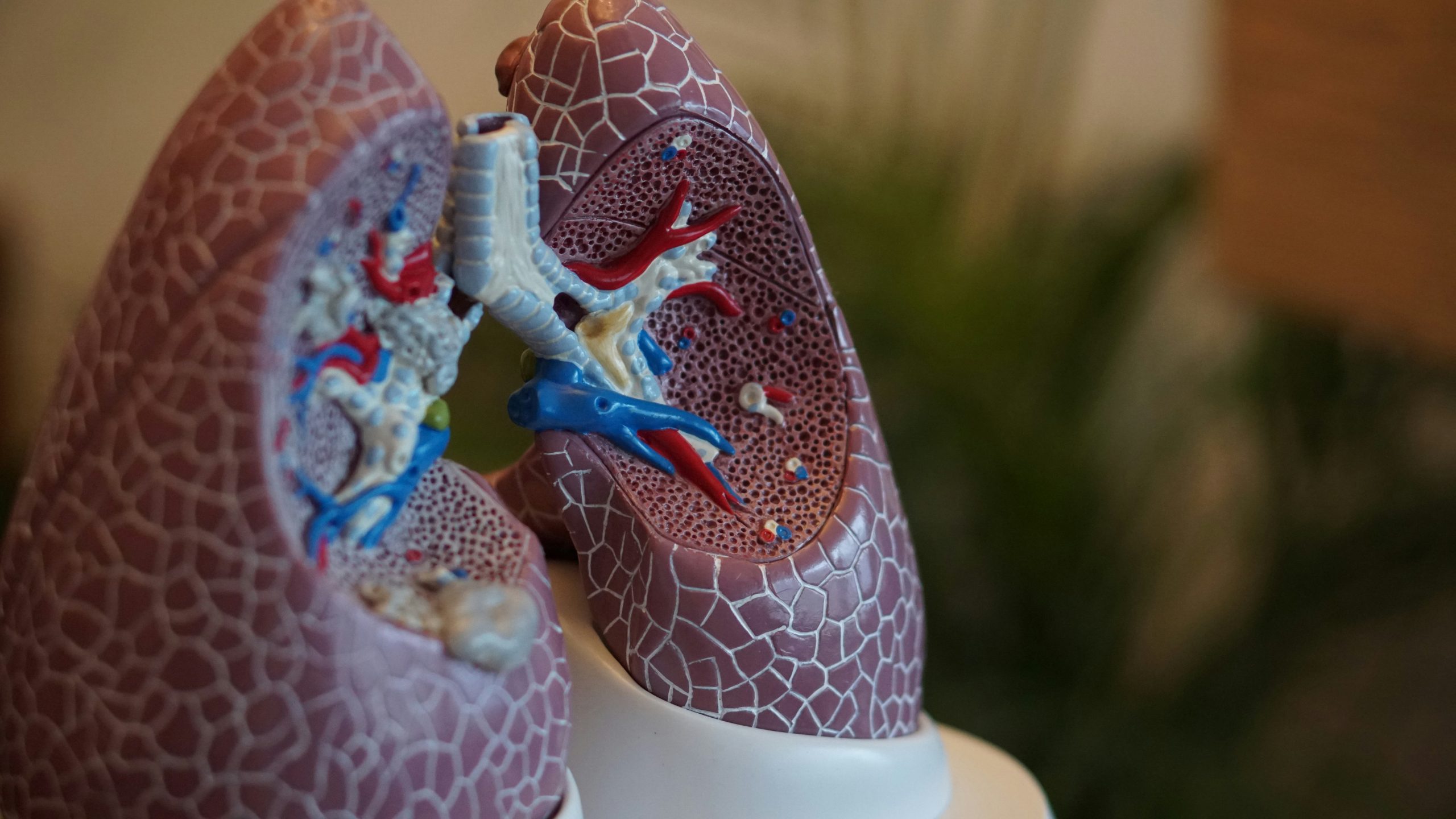Major NHS Investment to Eliminate Hepatitis C

England could become the first country in the world to eliminate hepatitis C as a public health threat, thanks to an NHS investment of £4.2 million into rapid testing technology and an extension of a ground-breaking medicines deal.
Through the investment, 25 new portable FibroScan machines, which scan the liver and test for damage, will be procured and deployed across communities where patients are at high risk of contracting the infection, which is commonly spread through blood-to-blood contact.
The machines provide immediate results, referring people to onward care if needed and helping to diagnose liver disease and liver cancer at an earlier, more treatable stage.
Additionally, 34 Cepheid GeneXpert portable testing units will also be procured and expanded to community settings including GP clinics and prisons, to facilitate the testing of people experiencing homelessness or drug users who may struggle to meet appointments.
The kit can detect whether people are infected with the hepatitis C virus in less than 60 minutes.
Many people who have been infected by the virus may not realise it, due to the lack of noticeable symptoms. The testing units enable thousands of people who are unknowingly living with hep C to be identified, diagnosed, and cured.
The hepatitis C Elimination Programme seeks to eradicate the virus by 2025
Alongside the scanning and testing units, on community clinical outreach vans will be deployed at drug and alcohol support services and special testing events in some GP practices.
This forms part of the final phase of the dedicated hepatitis C Elimination Programme, which NHS England says is on track to eliminate the virus by 2025, making England the first country in the world to do so and five years ahead of the World Health Organisation’s goal of 2030.
A two-year extension to a deal with three pharmaceutical companies will supply the latest antiviral medicines, which will be offered to patients on the NHS once they have been identified through targeted outreach.
The deal, which was initially struck in 2019, will see the NHS continue to work with drug firms Gilead Sciences, Merck Sharp and Dohme (MSD), and AbbVie.
Since the elimination programme commenced in 2015, around 84,000 in England people have been treated for the virus.
NHS national medical director, Professor Sir Stephen Powis, said: “This investment ensures the NHS will continue to save thousands of lives and set the international standard in the drive to eliminate hepatitis C by 2030 and, while tackling a significant health inequality.
New portable testing devices, and an extension of our landmark commercial deal, is helping us reach those most at risk as we begin our final push to wipe out the virus and find and cure any remaining cases.
“We urge anyone who could be living with hepatitis C to get checked for peace of mind – there are a range of ways to get tested, including screening programmes or doing a simple test at home – if left untreated, the virus can lead to life-threatening conditions, but treatment is simple, curative and easily accessible.”
The virus can often go unnoticed or be mistaken for other conditions
Hepatitis C, which affects the liver, can cause serious and potentially life-threatening damage over many years if left untreated.
Those at greater risk include people who have shared unsterilised needles, razors, toothbrushes, or occasionally through unprotected sex. Pregnant women may also pass the virus to their unborn baby.
It is estimated that over 60,000 people may be currently living with chronic hepatitis C in England without knowing they have the virus, due to there being no specific symptoms until the liver has been significantly damaged. When symptoms do occur, they can often be mistaken for other conditions.
Christine Webb from London was contacted by her doctor in 2020, after her historic records indicated she may be infected with hepatitis C.
After testing, Christine discovered that she did have the virus, and she was immediately referred for an emergency appointment and began to receive treatment.
She said: “A simple hepatitis C test can make all the difference. I took the tablet treatment, which is so easy to take and had great results. I finally have energy. I no longer have brain fog and can function properly in work and in life and make proper decisions.”
Awareness of hepatitis C is vital, even if you contract the infection again, you can still receive treatment.
“Without these medicines, hepatitis C can lead to liver failure and cancer, so it’s really important that people are aware of the risks and get tested.”
This latest investment comes after NHS England introduced a web portal which allows people to confidentially order self-testing kits to their home and access treatment should a positive result be returned.

